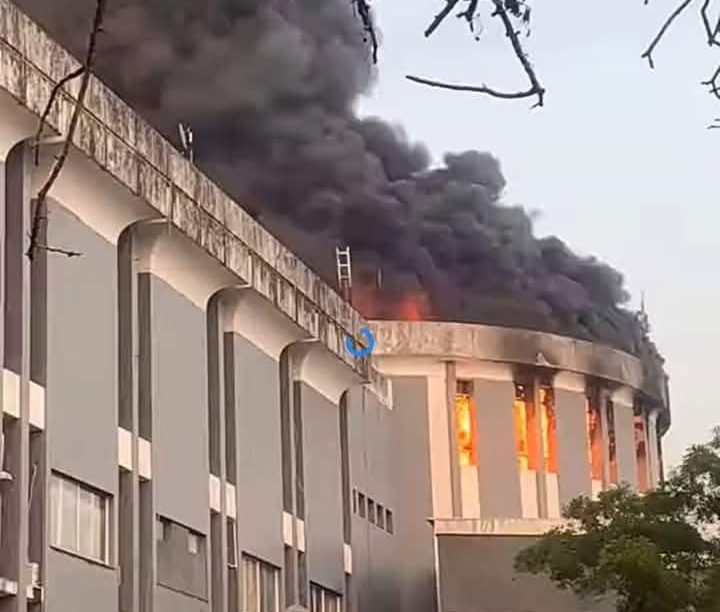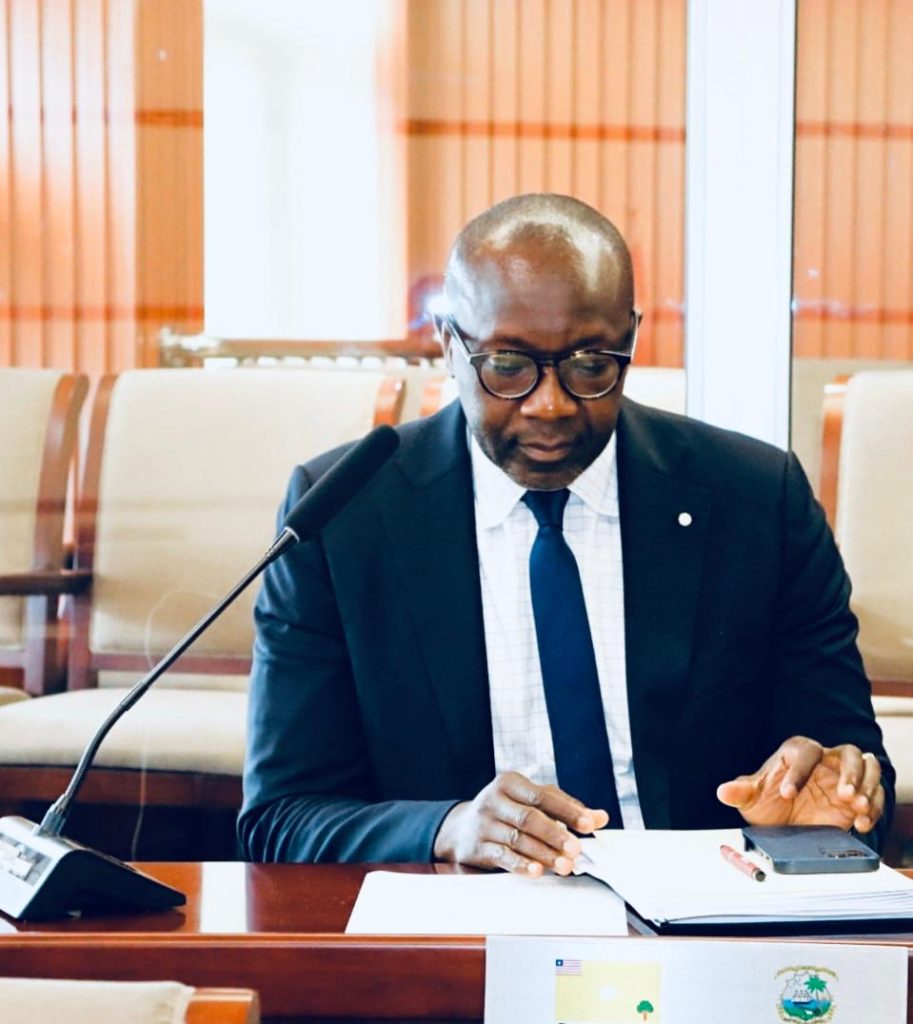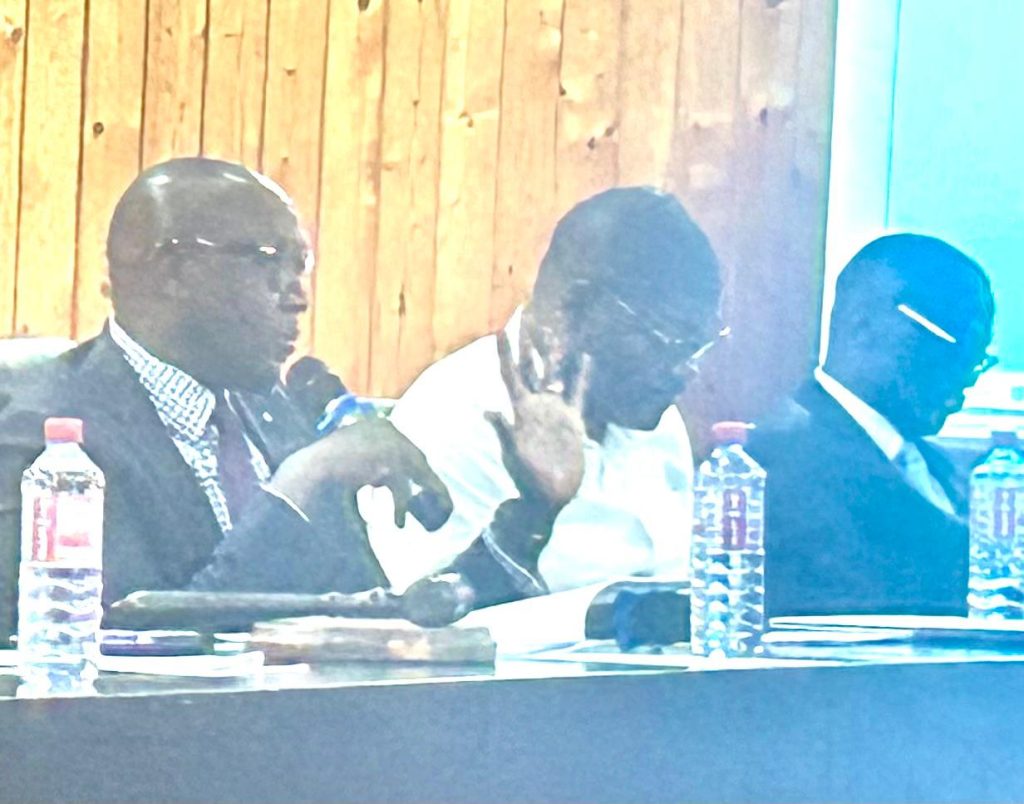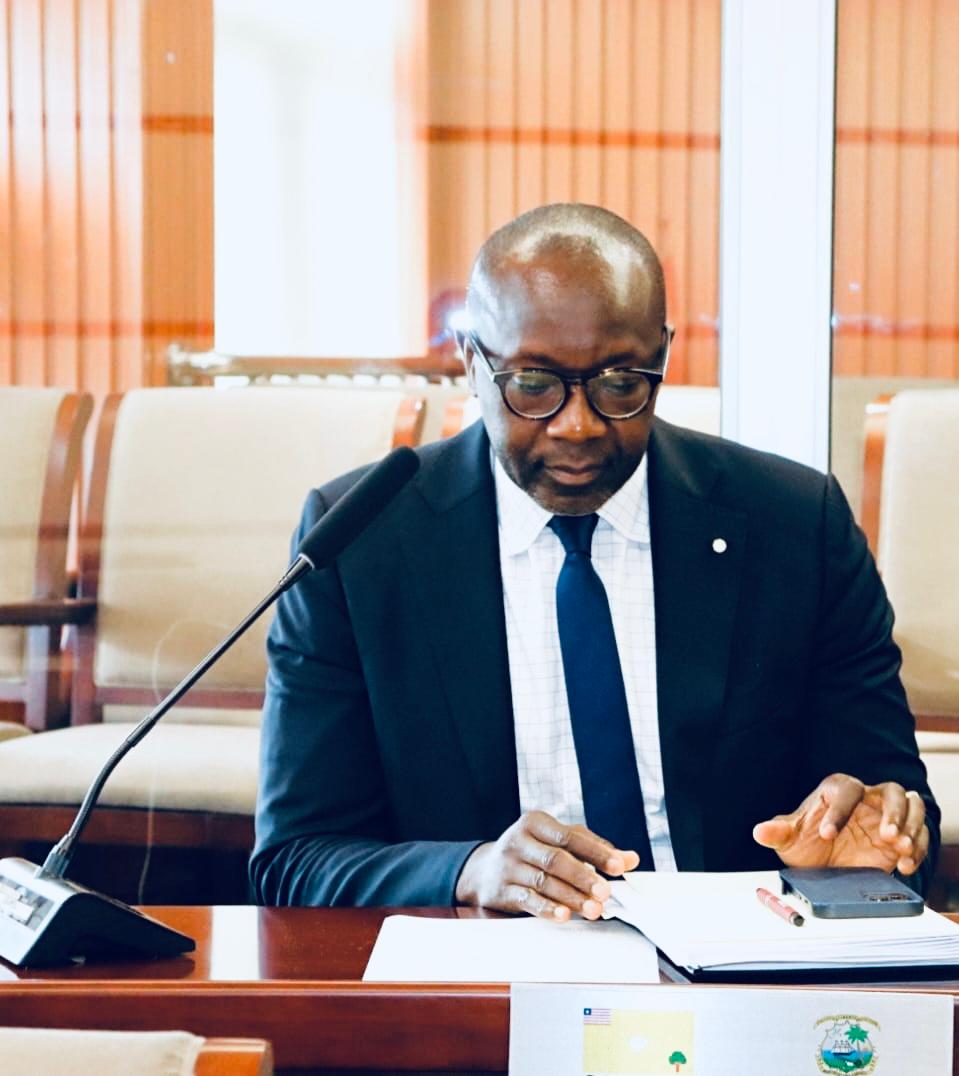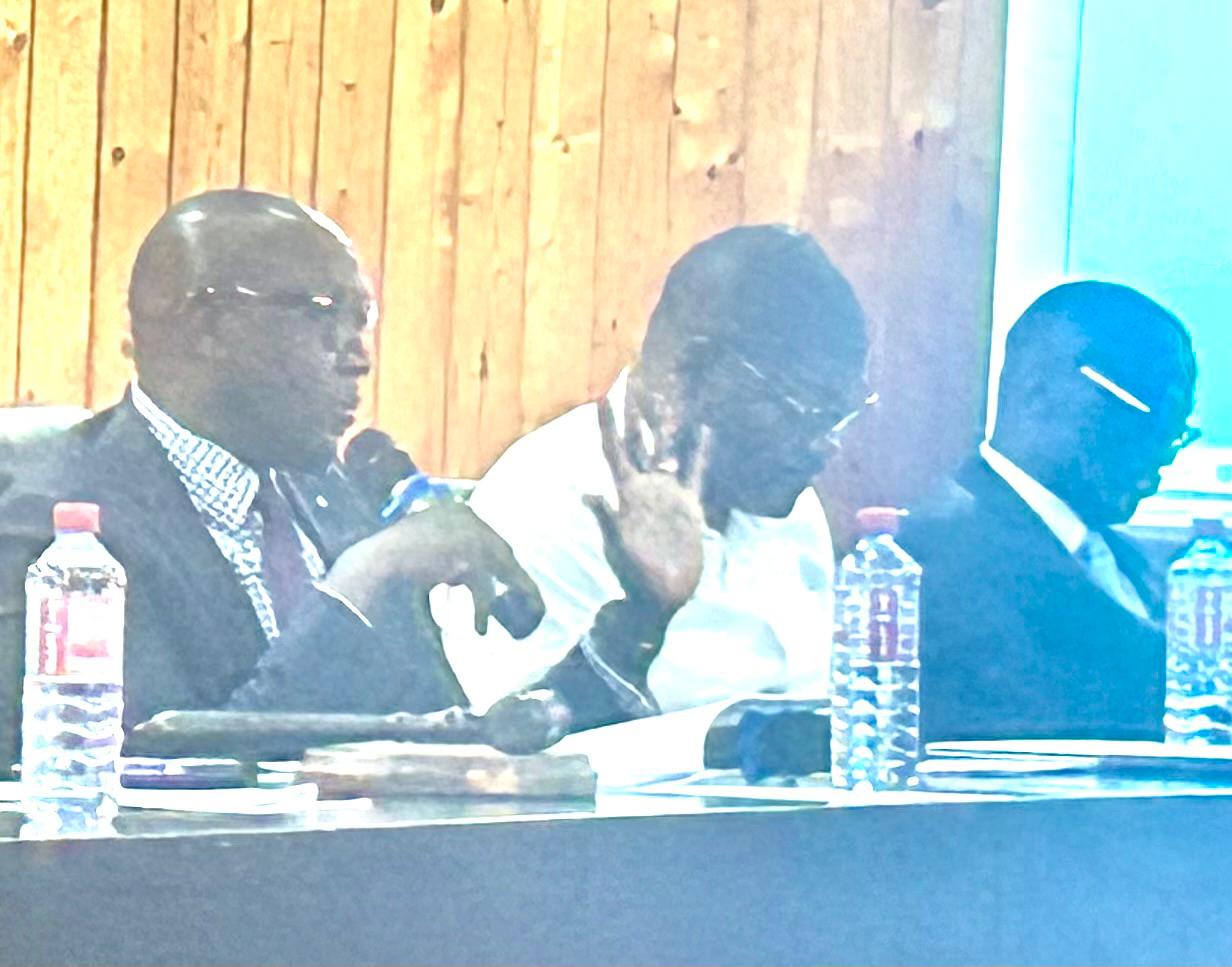THE RECENT revelation of a staggering $10.7 million deficit in the 2024 National Budget is nothing short of a fiscal catastrophe. This alarming deficit, exposed just a week after the budget was submitted, underscores the urgent need for meticulous analysis and decisive action.
THE DEFICIT, largely stemming from Executive Order #128’s suspension of surcharges on petroleum pricing, highlights the precarious balance between providing relief to citizens and maintaining fiscal stability. While the intention behind Executive Order #128 is to stimulate economic activity, its short to medium-term consequences on the budget cannot be overlooked.
MOREOVER, the decline in revenue contributions from various economic sectors exacerbates the situation, demanding a comprehensive approach to both revenue generation and expenditure rationalization.
GBARPOLU COUNTY Senator Amara Konneh has stepped forward with a series of bold measures to address the revenue shortfall. One crucial area of concern is the telecom sector, which seems to be leaking revenue due to underperformance. Senator Konneh proposes renegotiating contracts and reassessing data surcharges to generate additional revenue. Similarly, a thorough examination of sectors such as banking, hospitality, insurance, agriculture, mining, and forestry is necessary to understand the reasons behind their declining contributions and to identify potential solutions.
On the expenditures side, reallocating funds to priority sectors is imperative. Strategic investments in health, education, infrastructure, and agriculture are essential to drive economic growth and improve the well-being of Liberians. By reallocating funds from debt servicing, security, and public administration, the government can fund critical projects that directly benefit the people.
ADDITIONALLY, Senator Konneh suggests a long-overdue review of the Personal Income Tax (PIT) table to ensure fairness and accuracy. The current threshold, established in 2011, no longer reflects the economic reality and unfairly burdens low-income earners. Adjusting the PIT table is crucial to ensure equitable taxation and stimulate economic growth.
ON THE EXPENDITURE side, reallocating funds to priority sectors is imperative. Strategic investments in health, education, infrastructure, and agriculture are essential to drive economic growth and improve the well-being of Liberians. By reallocating funds from debt servicing, security, and public administration, the government can fund critical projects that directly benefit the people.
FURTHERMORE, efforts to reduce the size of the government and increase revenue generation from state-owned enterprises (SOEs) are paramount. By reviewing historical performances and taking legislative action where necessary, the government can ensure that SOEs fulfill their mandate of revenue generation.
EXTERNAL FINANCING presents another opportunity to fund vital projects. However, transparency and accountability in the allocation and utilization of these funds are paramount. Detailed information on allocations, projects, financing types, and partners is necessary to ensure the efficient use of external resources.
ADDRESSING LIBERIA’S budget challenges demands a concerted effort from all stakeholders. We believe that by implementing the recommendations outlined in Sen. Konneh’s action memo, the government can mitigate the budget deficit, stimulate economic growth, and ensure that resources are allocated efficiently to benefit the Liberian people and the economy as a whole. The time for action is now.


